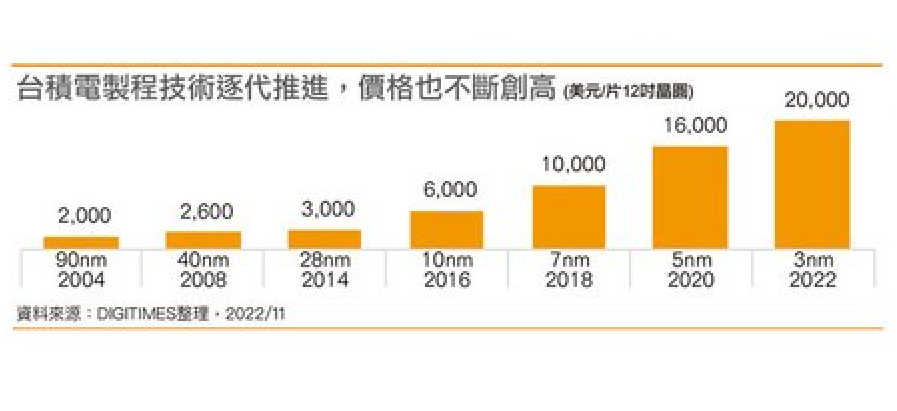Samsung Foundry raises its yield on 3nm production which has repercussions for the phone industry
Samsung’s yield on its 3nm chip production is now up to “perfect-level”

Wafer prices have risen to $20,000 for 3nm production
While media in Taiwan claimed that TSMC’s 3nm yield was 85%, Korean industry sources said that the figure was an exaggeration. Based on TSMC’s delivery schedule to Apple, these industry sources said that the foundry’s yield is really closer to 50%.
The process node is a number that these days is a marketing tool used to define the next generation of cutting-edge chips. Typically, a lower process node number means smaller transistors are being employed resulting in a higher transistor count. And that’s important because the higher the transistor count the more powerful and energy-efficient a chip is.
TSMC continues to use the FinFET transistors which employ horizontally placed fins. Unlike GAA, FinFET covers only three sides of the channel. TSMC will switch over to GAA for its 2nm process node starting in 2025. By that year, the 3nm process node market is expected to reach $25.5 billion in revenue compared to $19.3 billion in peak revenue for the 5nm process node.
Samsung’s improving 3nm yield could help Qualcomm and Mediatek make a decision about 3nm production

Reliable tipster Ice Universe shoots down a rumor related to the Galaxy S23 line
Qualcomm supposedly would like to source the Snapdragon 8 Gen 3 from both TSMC and Samsung in order to keep both foundries from charging outlandish prices for wafers. But this works only under one condition: Samsung’s yield has to be on par with TSMC’s. Otherwise, Qualcomm will be forced to deal with TSMC only and that will certainly mean higher wafer prices for the fabless chip designer.
Reserve your pre-order for the Samsung Galaxy S23 series
A rumor that we passed along in November said that Samsung Foundry would be producing the overclocked variant of the Snapdragon 8 Gen 2 for the Galaxy S23 series using its 4nm process node. These chips would have the high-performance X-3 CPU core running at a clock speed of 3.32GHz compared to a clock speed of 3.2GHz for the TSMC variant of the chipset.
However, it isn’t clear whether this rumor is legit according to reliable tipster Ice Universe. After being asked by a Twitter subscriber whether there was any truth to the rumor that Samsung Foundry would be producing the overclocked variant of the Snapdragon 8 Gen 2 SoC for the Galaxy S23 line, the tipster said that the rumor was “obviously fake.”
For all the latest Technology News Click Here
For the latest news and updates, follow us on Google News.

